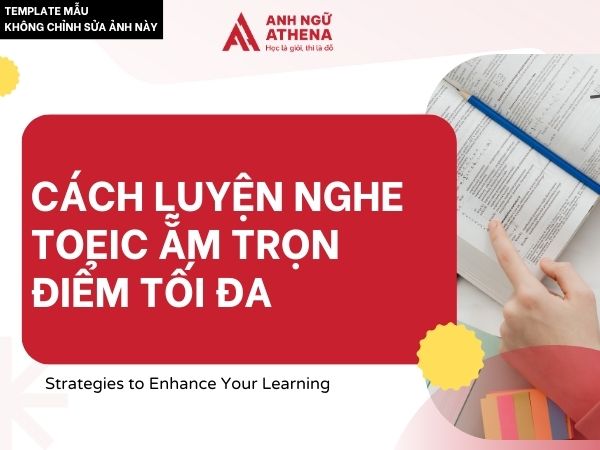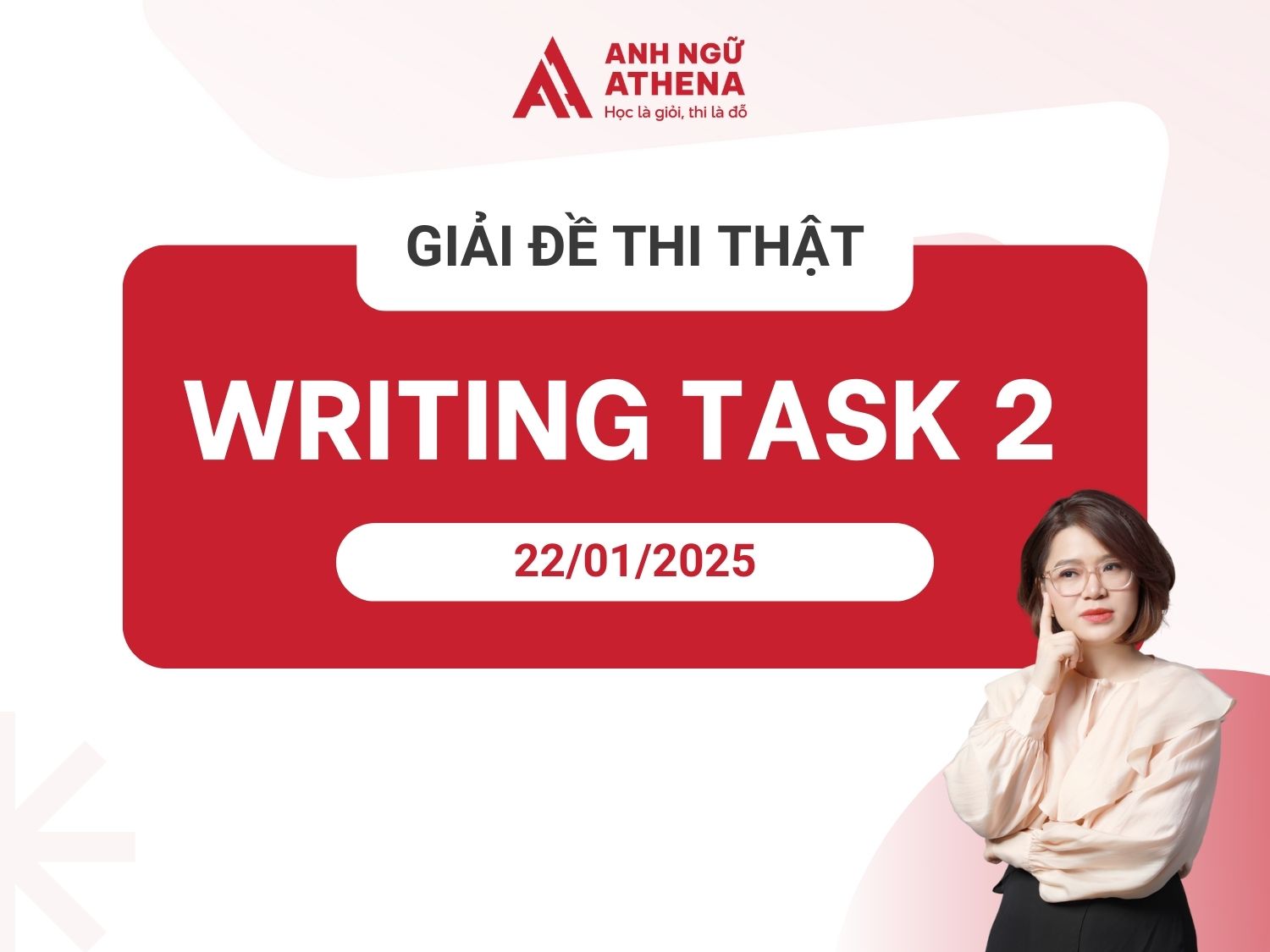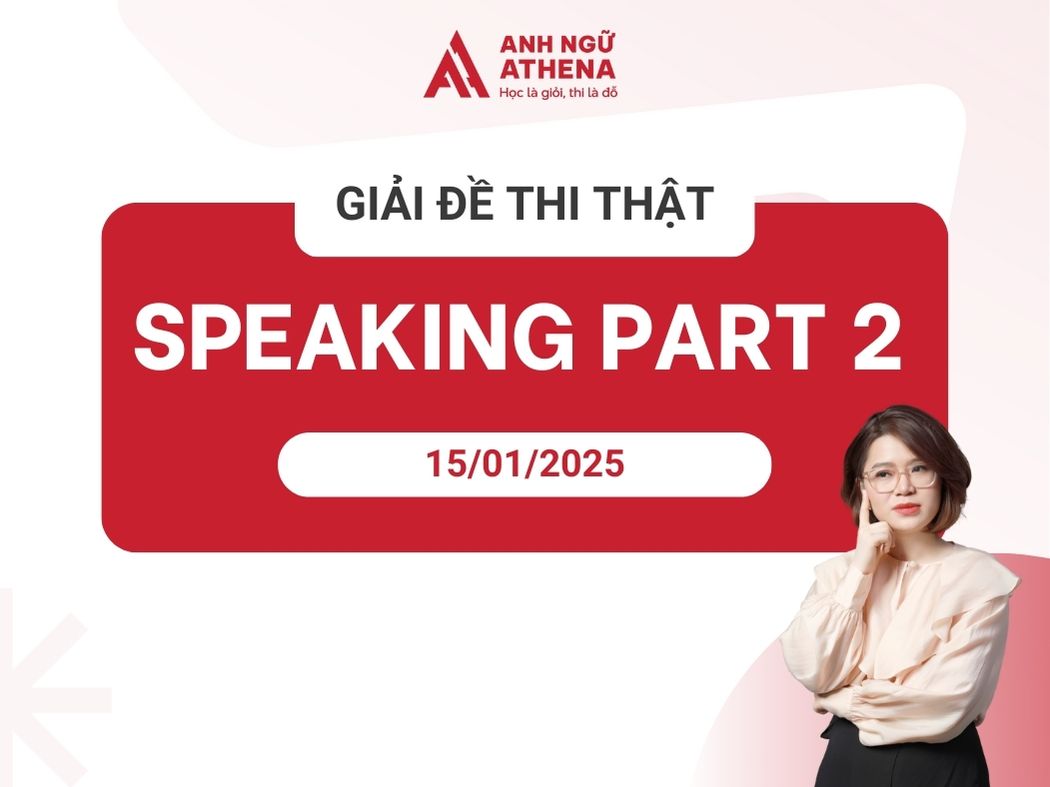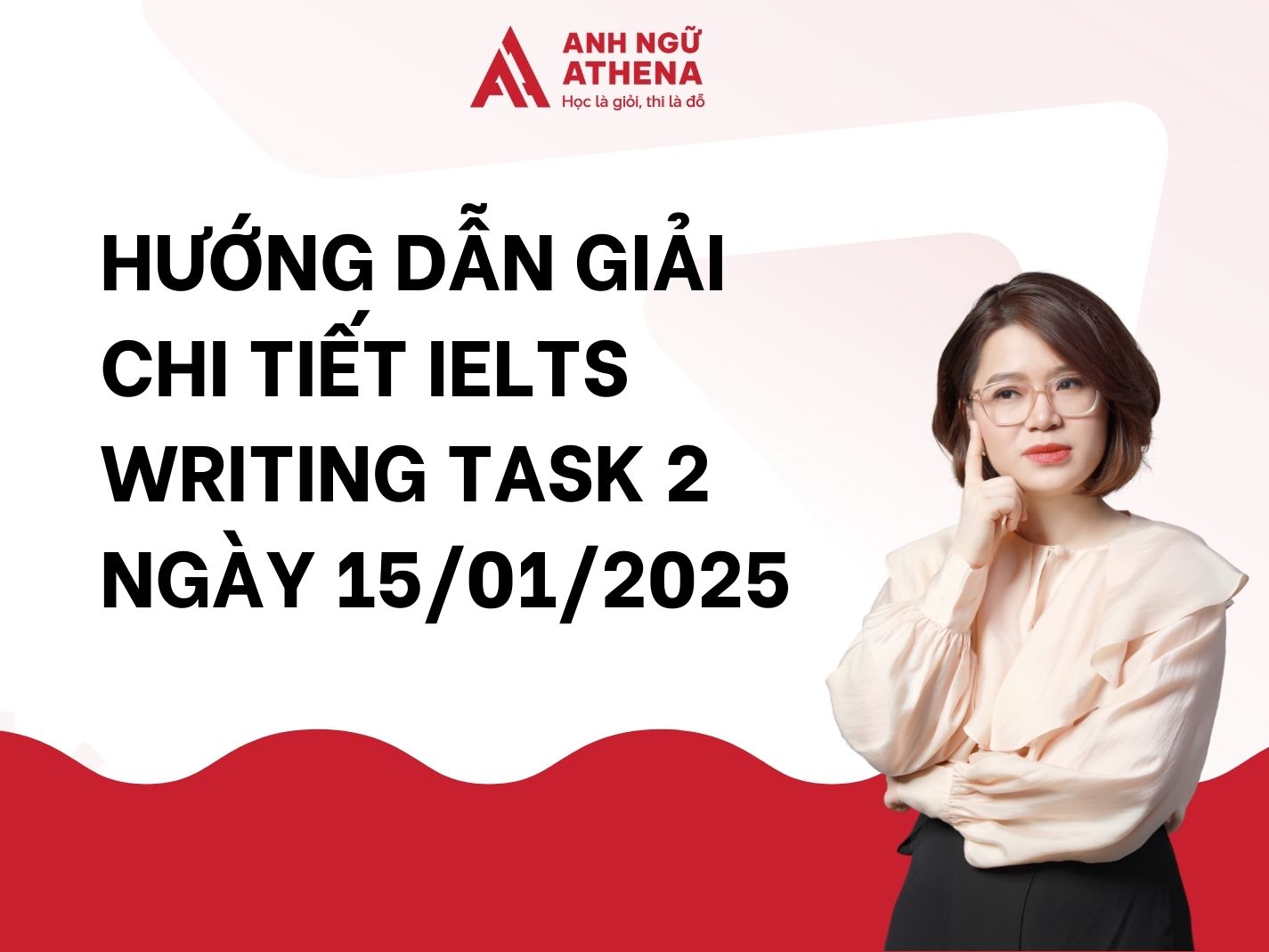|
Cô Đỗ Vân Anh | KÌ THI TỐT NGHIỆP TRUNG HỌC PHỔ THÔNG QUỐC GIA NĂM 2020 Bài thi: NGOẠI NGỮ; Môn thi: TIẾNG ANH TRƯỜNG THPT CHUYÊN KHTN Ngày thi: 30.5.2020 |
Mark the letter A, B, C, or D to indicate the correct answer to each of the following questions.
Question 1: ___________ the solar system may seem big, it is a very small part of the universe.
A. Despite B. Because C. Inspite D. Although
Question 2: I usually spend Saturday evening ____________ Premier League on TV.
A. to watch B. watch C. watching D. watched
Question 3: We need to think of ____________ our products to meet the need of potential customers.
A. diverse B. diversifying C. diversification D. diversify
Question 4: My brother didn't feel well. ____________, he didn't go to work yesterday.
A. So B. But C. However D. Therefore
Question 5: A: "Excuse me. Could you tell me which bus I should take to get to City Hall?"
B: “Bus number 1 ____________ go there, but maybe you'd better ask the driver."
A. might B. ought C. must D. suppose
Question 6: If she ____________ sick, she would have gone out with me to the party.
A. hadn't been B. weren't C. hasn't been D. wasn't
Question 7: I have asked him many times but he koeps refusing to say ____________.
A. where does he live B. when he lives
C. where he lives D. how does he live
Question 8: I remember ____________ the money in the top drawer, but it's not there now.
A. to put B. putting C. put D. to have put
Question 9: My phone runs ____________ battery often.
A. off B. out of C. away D. away from
Question 10: After ____________ her lunch, the teacher began marking the essays.
A. finished B. had finished C. having finish D. finishing
Question 11: Environmental pollution has ____________ many species to the vergeof extinction.
A. sent B. thrown C. brought D. driven
Question 12: This hike is pretty exhausting. I don't think I can go ____________ any farther.
A. to B. on C. in D. out
Question 13: This is Bob, ____________ sister works for my father's company.
A. that B. whose C. whom D. who’s
Question 14: George took ____________ of the fine weather to do a day's work in his garden.
A. chance B. interest C. advantage D. charge
Mark the letter A, B, C, or D to indicate the option that best completes each of the following exchanges.
Question 15: John: “I apologize for keeping you waiting for 2 hours. My car broke down on the way.”
Catherin: “___________”
A. You are very welcome. B. Thank you.
C. Your apology is accepted. D. It is my pleasure.
Question 16: - “How do you do?”
- “________________”
A. I do it very well. B. Have a good trip!
C. I will see you soon. D. How do you do?
Read the following passage and mark the letter A, B, C, or D to indicate the correct answer to each of the questions.
Let children learn to judge their own work. A child learning to talk does not learn by being corrected, if corrected he will stop talking. He notices a thousand times a day the difference between the language he uses the language those around him use. Bit by bit, he makes the necessary changes to make his language like other people's. In the same way, children learn to do all the other things, they learn to do them without being taught - to talk, run, climb, whistle, ride a bike - compare their own performances with those of more skilled people, and slowly make the needed changes. But in school we never give a child a chance to find out his mistakes for himself, let alone correct them. We do it all for him. We act as if we thought that he would never notice a mistake unless it was pointed out to him, or correct it unless he was made to. Soon he becomes dependent on the teacher. Let him do it himself. Let him work out, with the help of other children if he wants it. "what this word says, what the answer is to that problem, whether this is a good way of saying or doing this or not."
If it is a matter of right answer, as it may be in mathematics or science, give him the answer book. Let him correct his own papers. Why should we teachers waste time on such routine work? Our job should be to help the child when he tells us that he can't find the way to get the right answer. Let's end all the nonsense of grades, exams, and marks. Let us throw them all out and let the children learn what all educated persons must someday learn, how to measure their own understanding, how to know what they know or do not know.
Let them get on with this job in the way that seems most sensible to them, with our help as school teachers if they ask for it. The idea that there is a body of knowledge to be learnt at school and used for the rest of one's life is nonsense in a world as complicated and rapidly changing as ours. Anxious parents and teachers may say, "But suppose they fail to learn something essential, something they will need to get on in the world, won't they?" Don't worry. If it is essential, they will go out into the world and learn it.
Question 17: According to the author, the best way for children to learn things is _________.
A. by comparing with what other people do
B. by making mistakes and having them corrected
C. by listening to explanations from skilled people
D. by asking a great many questions
Question 18: What does the author think teachers do what they should not do?
A. They give out children’s mistakes to them.
B. They point out children’s mistakes.
C. They allow children to mark their own work.
D. They encourage children to copy from one another.
Question 19: The passage suggests that learning to speak and learning to ride a bicycle are _________.
A. not really important skills B. more important than other skills
B. basically different from learning adult skills D. basically the same as learning other skills
Question 20: Exams, grades, and marks should be abolished because children’s progress should only be estimated by ________.
A. educated persons B. the children themselves C. teachers D. school
Question 21: The author fears that children will grow up into adults who are ___________.
A. too independent of others
B. too critical of themselves
C. unable to think for themselves
D. unable to use basic skills
Mark the letter A, B, C, or D to indicate the word(s) CLOSEST in meaning to the underlined word(s) in each of the following questions.
Question 22: The icebox became a fixture in most homes and remained so until the mechanized refrigerator replaced it in the 1920’s and 1930’s.
A. substance B. mechanical device C. commonplace object D. luxury item
Question 23: The arrival of a great wave of southern an eastern European immigrants at the turn of the century coincided with and contributed to an enormous expansion of formal schooling.
A. ensure the success of B. happened at the same time
C. began to grow rapidly D. was influenced by
Read the following passage and mark the letter A, B, C, or D to indicate the correct answer to each of the questions.
A lot of advice is available for college leavers heading for their first job. In this article we consider the move to a second job. We are not concerned with those looking for a second temporary position while hunting for a permanent job. Nor are we concerned with those leaving an unsatisfactory job within the first few weeks. Instead, we will be dealing with those of you taking a real step on the career ladder, choosing a job to fit in with your ambitions now that you have learnt your way around, acquired some skills and have some idea of where you want to go.
What sort of job should you look for? Much depends on your long-term aim. You need to ask yourself whether you want to specialize in a particular field, work your way up to higher levels of responsibility or out of your current employment into a broader field.
Whatever you decide, you should choose your second job very carefully. You should be aiming to stay in it for two or three years. This job should be studied very carefully when you send your letter of application for your next job. It should show evidence of serious career planning. Most importantly, it should extend you, develop you and give you increasing responsibility. Incidentally, if you are interested in traveling, now is the time to pack up and go. You can do temporary work for a while when you return, pick up where you left off and get the second job then. Future potential employers will be relieved to see that you have got it out of your system, and are not likely to go off again.
Juliette Davidson spend her first year after leaving St. Aldate's College working for three solicitors. It was the perfect first job in that "OK ... they were very supportive people. I was gently introduced to the work, learnt my way around an office and improved my word processing skills. However, there was no scope for advancement. One day, I gave my notice, bought an air ticket and traveled for a year.
Juliette now works as a Personal Assistant to Brenda Cleverdon, the Chief Executive of business in the Community. "In two and a half years I have become more able and my job has really grown, "she says. "Right from the beginning my boss was very keen to develop me. My job title is the same as it was when I started but the duties have changed. From mainly typing and telephone work. I have progressed to doing most of the corespondence and budgets. I also have to deal with a variety of queries, coming from chairmen of large companies to people wanting to know how to start their own business. Brenda involves me in all her work but also gives me specific projects to do and events to organize."
Question 24: Who is intended to benefit from the advice given in the article?
A. Students who have just finished their studies
B. People who are unhappy with their current job
C. Those who are interested in establishing a career
D. People who change jobs regularly
Question 25: According to the writer, why is the choice of your second job important?
A. It will affect your future job prospects.
B. It will last longer than your first job.
C. It will be difficult to change if you don’t like it.
D. It should give you the opportunity to study.
Question 26: The word “it” in the passage refers to the _______.
A. first job
B. second job
C. application
D. career
Question 27: If you have a desire to travel, when does the writer suggest that you do it?
A. straight after you have left college
B. when you are unable to find a permanent job
C. after you have done some temporary work
D. between the first and second job
Question 28: Juliette spent her first year working ___________.
A. as a lawyer
B. for three solicitors
C. for Brenda Claverdon
D. as a Chief Executive
Question 29: The phrase “you have got it out of your system” means _______
A. You have planned your career sensibly.
B. You are an experienced traveler.
C. You have satisfied your wish to travel.
D. You have learned to look after yourself.
Question 30: How did Juliette Davidson benefit from the experience of her first job?
A. It was good introduction to working in an office.
B. She met a variety of interesting people.
C. It enabled her to earn enough money to travel.
D. She learnt how to use a word processor.
Question 31: In what way is Juliette’s current job better her first job?
A. She has a more impressive job title.
B. She now know how to start her own business.
C. She has been able to extend her skills.
D. She is more involve in the community.
Mark the letter A, B, C, or D to indicate the underlined part that needs correction in each of the following questions.
Question 32: The sooner you leave, the earliest you will arrive at your destination.
A. The sooner B. leave C. earliest D. will arrive
Question 33: In my opinion, he maybe elected because he is honest, knowledgeable and competent.
A. In B. maybe C. because D. knowledgeable
Question 34: After Nam will finish his degree, he intends to work in his father’s company.
A. will finish B. degree C. intends D. to work
Mark the letter A, B, C, or D to indicate the sentence that is closest in meaning to each of the following questions.
Question 35: People say that prevention is better than cure.
A. It is said that prevention is better than cure.
B. Prevention is said to be better than cure.
C. Prevention is to have said to be better than cure.
D. A and B are correct.
Question 36: The coffee was not strong, so it didn’t keep us awake.
A. The coffee was very strong, but it couldn’t keep us awake.
B. The coffee was not strong enough to keep us awake.
C. We were kept awake because the coffee was strong.
D. The coffee was so strong that it kept us awake.
Question 37: Neil wishes he hadn’t sold his car.
A. Neil didn’t sell his car.
B. Neil didn’t have a wish for a car.
C. Neil doesn’t wish to sell his car.
D. Neil regrets having sold his car.
Mark the letter A, B, C, or D to indicate the sentence that best combines each pair of sentences in the following questions.
Question 38: I don’t think you left your keys at school. You haven’t been there today.
A. You should have left your keys at school.
B. You can’t have left your keys at school.
C. I think your keys are at school now.
D. I wondered where your keys are.
Question 39: Laura practiced playing the instrument a lot. She could hardly improve her performance.
A. Hardly had Laura practiced playing the instrument a lot when she could improve her performance.
B. Had Laura practiced playing the instrument a lot, she could hardly perform much better.
C. However much Laura practiced playing the instrument, she could hardly perform any better.
D. As soon as Laura practiced playing the instrument a lot, she could perform much better.
Read the following passage and mark the letter A, B, C, or D to indicate the correct word or phrase that best fits each of the numbered blanks.
Opportunity to promote teacher-parent collaboration during quarantine in China
Challenges also bring about opportunities. Prof. Yunyan Liu at Southwest University pointed ---(40) -- that the lockdown period can be a valuable opportunity to promote teacher-parent collaboration and -- (41) -- parents' engagement in children's education (CNSECE, 2020).
As parents are forced to home-educate children, they are in desperate need of guidance and support. The daily communication between parents and kindergarten teachers is a rare opportunity to deepen -- (42) -- understanding and strengthen teacher-parent relationship.
Chinese kindergarten teachers have been creating and sharing a great many of online resources for parents, including guidance on setting up daily routines and caring for children's physical and mental health, suggestions of self-care for parents, play activities for children's learning and so on. Some activities are designed to encourage parent-child interaction whereas others are designed to solely engage children -- (43) -- parents can have some free time on their own.
Parents -- (44) -- to regularly share children's performance with kindergarten teachers, who also provide Cailored support to parents whose children have special needs.
Kindergarten teachers have reported some enhanced partnerships with parents in educating and caring for young children. Dr. Chily Song, a practitioner leader in Shenzhen, said that many of their parents had gained a better understanding of learning through play as they observed their children’s development in parent-child play activities.
Question 40: A. at B. down C. to D. out
Question 41: A. enhancing B. enhance C. enhancement D. enhanced
Question 42: A. among B. between C. of D. mutual
Question 43: A. so that B. so C. to D. for
Question 44: A. who are encouraged B. encourage
C. are encouraged D. encouraging
Mark the letter A, B, C, or D to indicate the word(s) OPPOSITE in meaning to the underlined word(s) in each of the following questions.
Question 45: She’s a bit down in the dumps because she’s got to take her exams again.
A. sad B. embarrassed C. confident D. happy
Question 46: “That is a well-behaved boy whose behaviour has nothing to complain about.”
A. behaving nice B. good behaviour C. behaving improperly D. behaving cleverly
Mark the letter A, B, C, or D to indicate the word that differs from the other three in the position of primary stress in each of the following questions.
Question 47: A. celebrate B. together C. restaurant D. organize
Question 48: A. pollution B. awareness C. disappear D. addition
Mark the letter A, B, C, or D to indicate the word whose underlined part differs from the other three in pronunciation in each of the following questions.
Question 49: A. hour B. happy C. husband D. hold
Question 50: A. postpones B. avoids C. delays D. breaks
Link download đề thi thử: TẠI ĐÂY












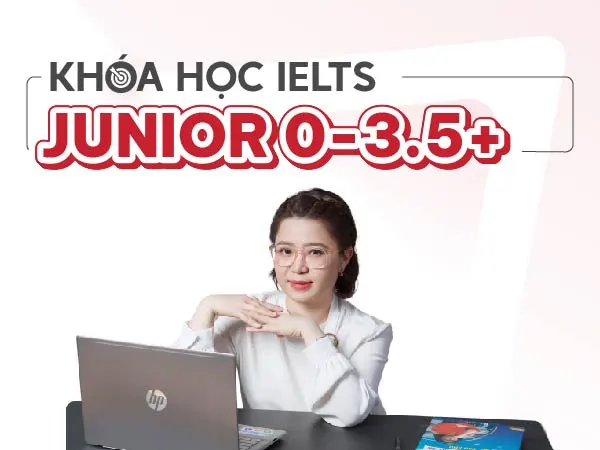
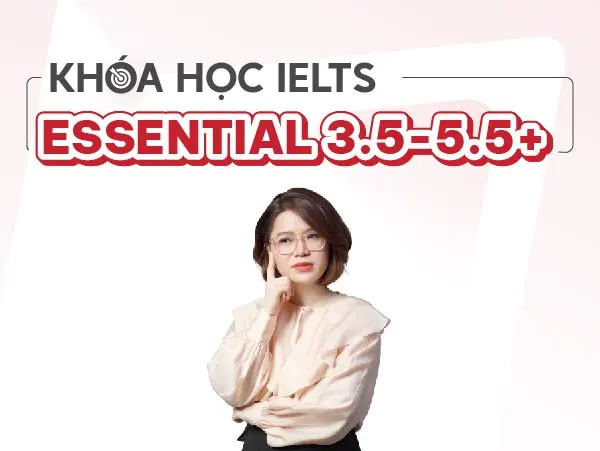
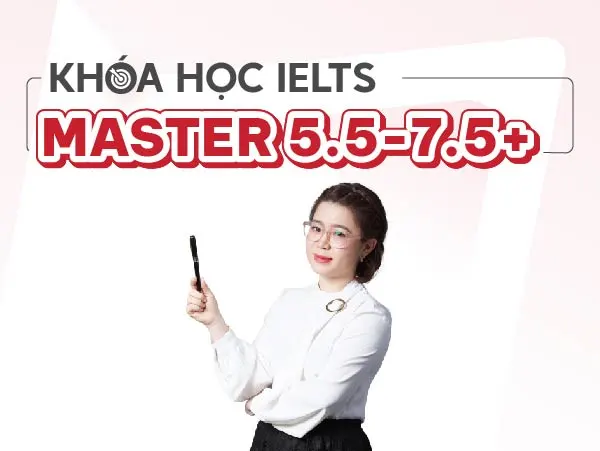
![[Cập nhật] Lịch thi TOEIC 2025 Quý 1 tại IIG Việt Nam](https://anhnguathena.vn/upload/ban-sao-cua-template-bai-viet-seo-6.png?v=1.0.0)

